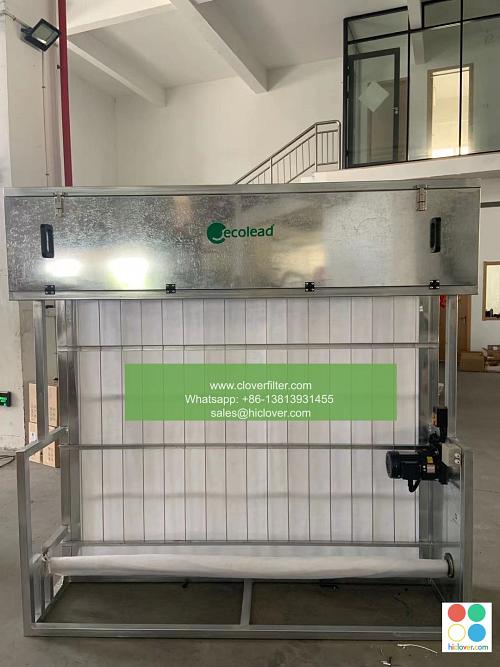Air Filter Standards Association: Developing Guidelines for the Industry

The Air Filter Standards Association (AFSA) is a prominent organization that plays a crucial role in developing and promoting guidelines for the air filter industry. With a focus on indoor air quality, air purification, and filtration technology, AFSA works towards creating a safer and healthier environment for individuals and communities. In this article, we will delve into the world of air filter standards, exploring the application areas, industry trends, and the significance of standardization in this field.
Introduction to Air Filter Standards
Air filters are an essential component in various industries, including heating, ventilation, and air conditioning (HVAC), industrial processes, and medical facilities. The primary function of an air filter is to remove particulate matter, gases, and microorganisms from the air, thereby improving indoor air quality and reducing the risk of respiratory diseases. With the increasing awareness of air pollution and its health impacts, the demand for effective air filters has risen significantly. This is where AFSA comes into play, developing guidelines that ensure air filters meet the required standards for efficiency, safety, and performance.
Application Areas of Air Filter Standards
The air filter industry caters to a diverse range of applications, including:
* Residential and commercial buildings: Air filters are used in HVAC systems to improve indoor air quality and reduce energy consumption.
* Industrial processes: Air filters are used to remove hazardous particles and gases from the air, ensuring a safer working environment.
* Medical facilities: Air filters play a critical role in maintaining sterile environments and preventing the spread of infections.
* Automotive and transportation: Air filters are used in vehicles to improve air quality and reduce emissions.
Developing Guidelines for the Industry
AFSA develops guidelines that cover various aspects of air filter design, testing, and certification. These guidelines ensure that air filters meet the required standards for efficiency, safety, and performance. Some of the key areas covered by AFSA guidelines include:
* Filter efficiency: Guidelines for testing and evaluating the efficiency of air filters in removing particulate matter and gases.
* Filter safety: Guidelines for ensuring the safe use and installation of air filters, including electrical safety and fire resistance.
* Filter performance: Guidelines for evaluating the performance of air filters under various operating conditions, including temperature, humidity, and air flow.
Industry Trends and Future Directions
The air filter industry is constantly evolving, with new technologies and innovations emerging regularly. Some of the current trends and future directions in the industry include:
* Nanofiltration technology: The use of nanofibers and nanomaterials to improve filter efficiency and reduce energy consumption.
* Smart air filtration systems: The development of intelligent air filtration systems that can detect and respond to changes in air quality and operating conditions.
* Sustainable air filtration: The focus on developing eco-friendly air filters that reduce waste and minimize environmental impacts.
In conclusion, the Air Filter Standards Association plays a vital role in developing guidelines for the air filter industry, ensuring that air filters meet the required standards for efficiency, safety, and performance. With the increasing demand for effective air filters, AFSA’s guidelines will continue to shape the industry, driving innovation and improvement in air filtration technology. As the industry continues to evolve, it is essential to stay informed about the latest trends and developments, including nanofiltration technology, smart air filtration systems, and sustainable air filtration. It seems like you didn’t provide a prompt. Could you please give me something to work with? I can help with a wide range of topics, from answering questions and providing information to creative writing and more. What’s on your mind?

